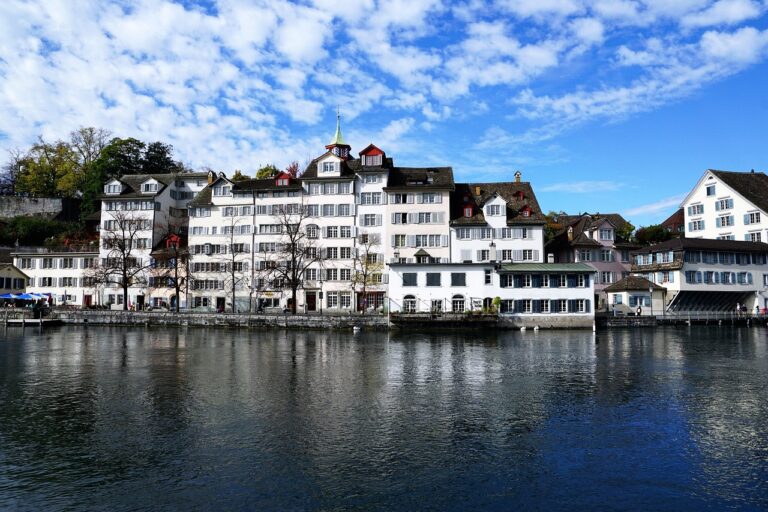Sustainable Practices in Hotel Landscaping and Outdoor Spaces: Allpaanel, Laser247 com app login, Yolo 247 com login
allpaanel, laser247 com app login, yolo 247 com login: Sustainable Practices in Hotel Landscaping and Outdoor Spaces
When it comes to creating a welcoming and visually appealing environment for guests, hotels often turn to landscaping and outdoor spaces. However, in today’s world, it’s more important than ever to consider the impact these areas have on the environment. By implementing sustainable practices in hotel landscaping and outdoor spaces, hotels can not only reduce their carbon footprint but also create a unique and eco-friendly experience for their guests.
Here are some sustainable practices that hotels can consider for their landscaping and outdoor spaces:
Native Plantings: By choosing native plants for landscaping, hotels can reduce water usage, minimize the need for fertilizers and pesticides, and provide food and habitat for local wildlife. Native plants are also better adapted to the local climate, requiring less maintenance and water.
Water Conservation: Implementing water-saving technologies such as drip irrigation, rainwater harvesting systems, and drought-resistant plants can help hotels reduce their water usage significantly. Hotels can also consider using recycled water for irrigation purposes to further conserve water resources.
Green Roofs and Walls: Installing green roofs and walls can help hotels reduce energy consumption, improve air quality, and mitigate the urban heat island effect. Green roofs and walls can also provide additional green space for guests to enjoy and contribute to biodiversity in urban areas.
Permeable Surfaces: Using permeable materials for walkways, patios, and parking lots can help hotels reduce stormwater runoff and prevent water pollution. Permeable surfaces allow rainwater to soak into the ground, replenishing groundwater reserves and reducing the burden on municipal stormwater systems.
Pollinator Gardens: Creating pollinator-friendly gardens with native flowering plants can attract bees, butterflies, and other beneficial insects to the hotel’s outdoor spaces. Pollinators play a crucial role in food production and ecosystem health, making pollinator gardens both beautiful and beneficial for the environment.
Green Practices: Hotels can adopt green landscaping practices such as composting organic waste, using organic mulches, and avoiding chemical pesticides and fertilizers. By following these practices, hotels can create healthy and thriving outdoor spaces that are in harmony with the environment.
Incorporating sustainable practices in hotel landscaping and outdoor spaces not only benefits the environment but also enhances the guest experience. Guests are increasingly looking for eco-friendly accommodations that reflect their values and provide a unique and memorable stay.
FAQs
Q: How can hotels promote sustainability in their outdoor spaces?
A: Hotels can promote sustainability in their outdoor spaces by using native plantings, conserving water, installing green roofs and walls, using permeable surfaces, creating pollinator gardens, and adopting green landscaping practices.
Q: What are the benefits of sustainable landscaping practices for hotels?
A: Sustainable landscaping practices can help hotels reduce their environmental impact, attract eco-conscious guests, save on water and energy costs, and create a healthier and more vibrant outdoor environment.
Q: How can hotels educate guests about their sustainable landscaping practices?
A: Hotels can educate guests about their sustainable landscaping practices through signage, brochures, guided tours, and interactive displays. By showcasing their sustainability initiatives, hotels can raise awareness and inspire guests to adopt green practices in their own lives.







